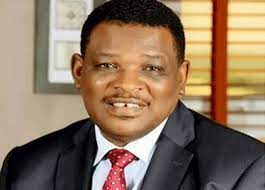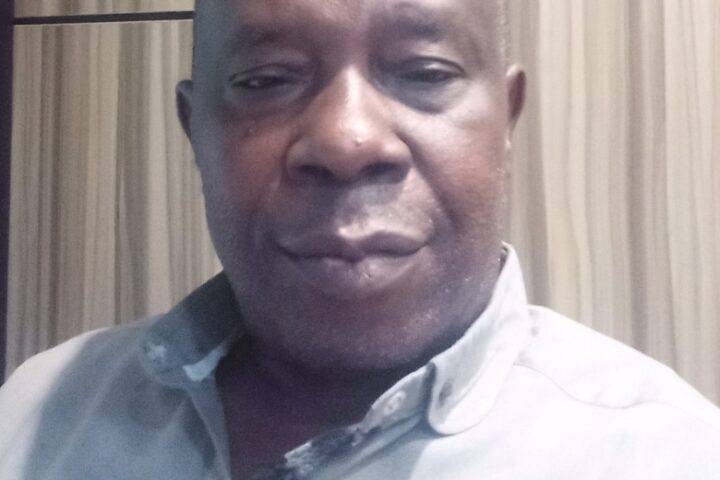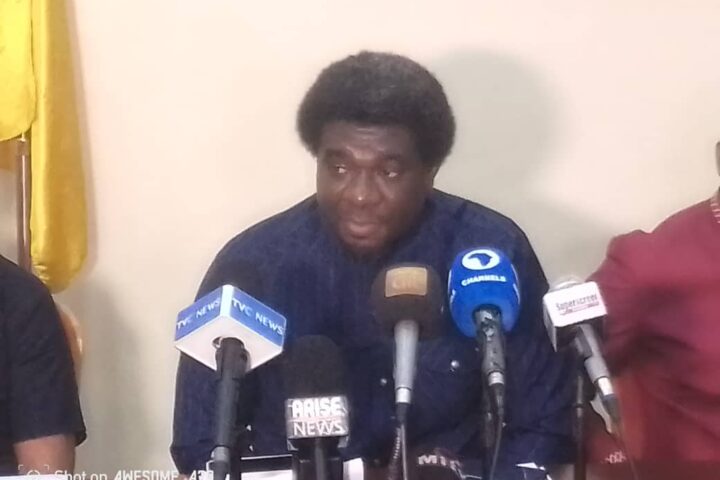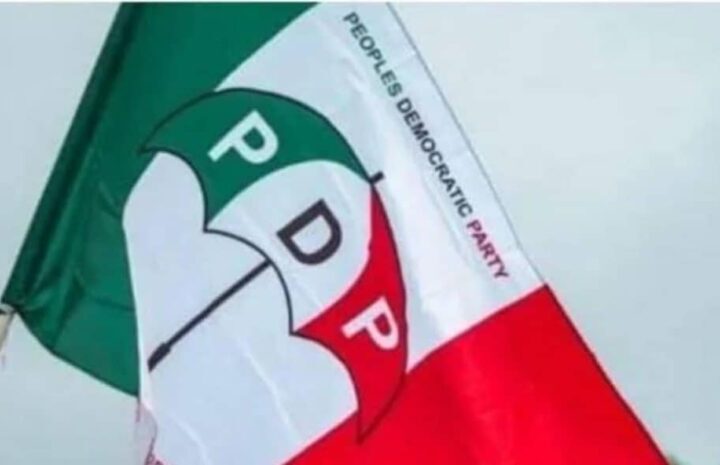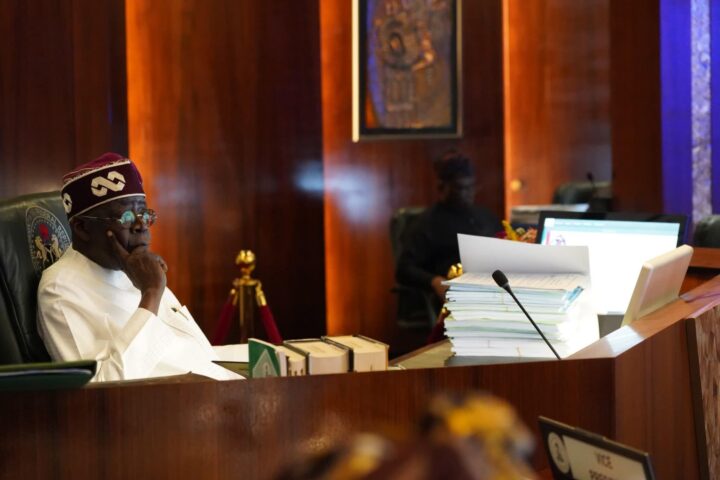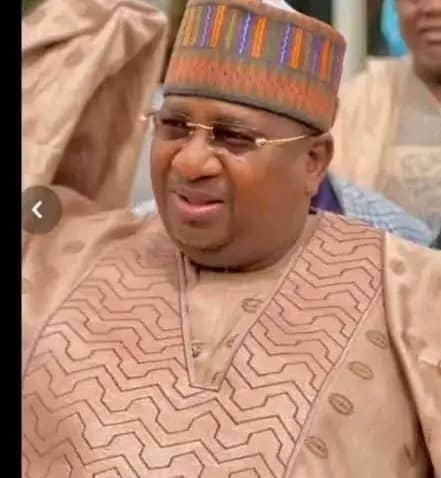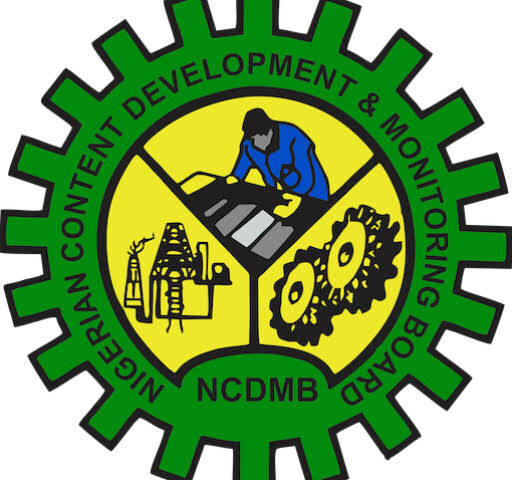
Nigeria needs $400billion to achieve universal energy access by 2030 and net-zero emission targets by 2050,the Minister of State for Power,Mr.Goddy Jedy-Agba,has said
He spoke at the virtual conference of the Nigeria Energy Forum 2021,where he disclosed the challenges facing the country in delivering energy to the 25 million Nigerians without access to energy using solar home systems and mini-grids.
He said Nigeria would seek to align its position along ‘an energy transition that is equitable, inclusive and just’.
“A just energy transition for Nigeria will feature both clean energy technologies and natural gas, with the aim of achieving net-zero emissions by 2050,” he said, adding that the country had developed an Energy Transition Plan on pathways for achieving universal access by 2030 and net-zero targets by 2050.
He said:“Figures show this would require investments of over $400billion in excess of business-as-usual spending between now and 2050, highlighting the scale of effort required”.
In his opening remarks, the chair of the conference, Dr Oluwole Adeuyi, said a sustainable industrial revolution based on modern energy technologies could accelerate the pace of socio-economic recovery globally post-COVID-19.
Adeuyi enjoined all stakeholders to contribute their strategic insights towards achieving sustainable industrialisation, power sector recovery and the goal of a successful transition to net-zero emissions by 2050.
The director, energy financial solutions, policy and regulation at the African Development Bank, Mr. Wale Shonibare, said Africa’s ambition to reach universal access by 2030 required a fivefold increase in power sector investment, mostly in low-carbon generation and grid networks.
According to him, the five countries with the largest access deficit – representing 50 per cent of Africa’s deficit – are Nigeria, the Democratic Republic of Congo, Ethiopia, Tanzania and Uganda.


